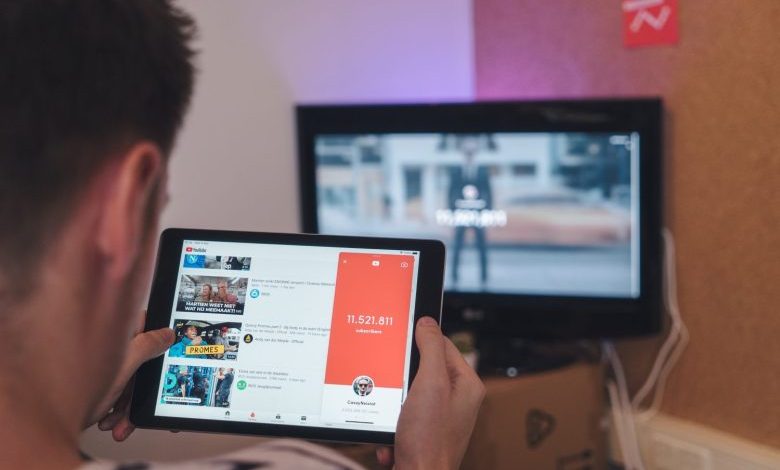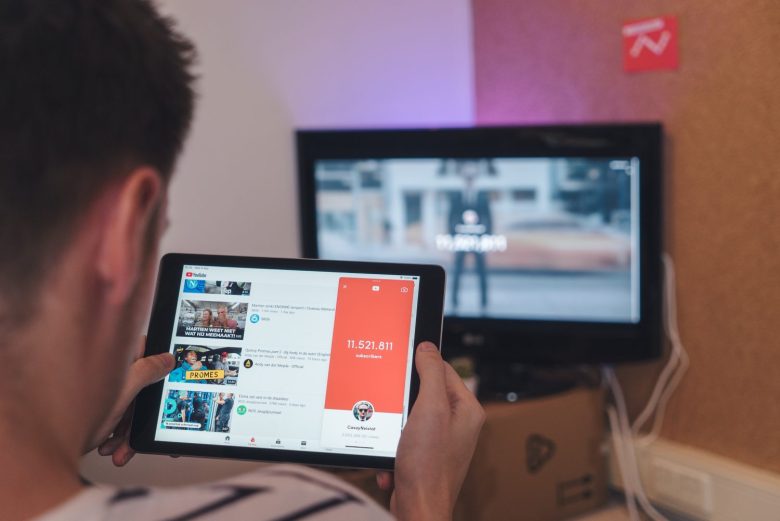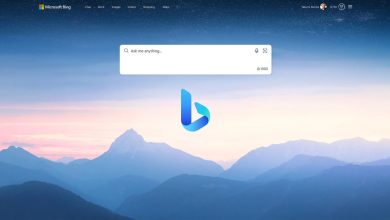Allowing lawsuits against artificial intelligence algorithms would break the internet, experts say
Meta, Microsoft and other tech companies and human rights experts have warned of the dangers of allowing lawsuits against recommendation algorithms.

Meta, Microsoft, and other big tech companies have urged the US Supreme Court to exclude AI-powered algorithms from any lawsuit. A handful of companies, academics, and human rights defenders have appeared in court in a case against Google. Big Tech and internet pundits mentioned that allowing litigation against algorithms would open Pandora’s box and kill internet freedom.
The case in question is Gonzalez v. Google LLC, a lawsuit filed against Google by relatives of Nohemí González, one of the victims of the 2015 Paris terrorist attacks. The plaintiffs argue that the YouTube algorithm recommended recruitment videos for ISIS, for which Google is partially responsible for the young woman’s death. Although a court ruled in favor of the technology, the case was brought up by the Supreme Court.
The plaintiffs point out that the recommendation algorithms are a form of moderation not covered by Section 230 of the Telecommunications Act 1996. This section, just 26 words long, grants a service provider immunity from content posted by third parties on its platform. The González family believes that companies should take responsibility for the recommendations generated by these artificial intelligence algorithms.
As part of the case review process, the Supreme Court heard from a group of representatives from Meta, Twitter, and Microsoft, as well as academics, the Electronic Frontier Foundation, and Reddit moderators. They all concluded that Section 230 is vital to the primary function of the internet and that a ruling allowing litigation against the algorithms would set a precedent for future lawsuits against other recommender systems.
The importance of artificial intelligence algorithms in moderation

Reddit moderators mentioned that Section 230 has been instrumental in allowing communities to flourish. The moderators enforce the content rules and not the company itself. Without the protection of this law, companies and users would face lawsuits for daily content moderation decisions.
Congress designed Section 230 to allow for effective content moderation, and automated tools are essential to help humans moderate the endless sea of Internet content. While the petitioners and some of their friends try to challenge algorithms, an algorithm is simply a rule created by humans to handle a particular situation, which can then be applied on a scale that humans could never achieve.
The internet couldn’t function without algorithmic tools, as moderation teams couldn’t handle tens of millions of shares without help. “No group of human beings could manually filter the vast universe of content on Reddit or many other online platforms without automated tools,” they said. Yelp said that it would take an average user about 181 million years to download all the data on the web.
For its part, the Stern Center for Business and Human Rights at New York University, which has criticized YouTube and other big tech companies for allowing hate speech, recognizes the value of Section 230 in guaranteeing freedom of expression on the internet. In its presentation, the Center said that platforms would reduce or remove third-party content without this shield before filtering it. “Collateral censorship would be the cheapest route, and the one most providers would take, to the detriment of valuable online speech,” he said.
Section 230 is critical to freedom of expression and the functioning of the internet.
Section 230 has been in the eye of the storm for a few years now. Donald Trump tried to torpedo it in response to Twitter’s placing a hashtag on its tweets during the 2020 election campaign. Through an executive order, Trump sought to amend the Communications Decency Act to “fight online censorship. ”
The lawsuit against Google is not the only Section 230 case to be reviewed by the Supreme Court. Twitter Inc v. Taamneh is another similar lawsuit filed by relatives of a victim of terrorist attacks. The petitions to the judicial body are based on the Anti-Terrorism Law 1996, proposed by then-Senator Joe Biden.




